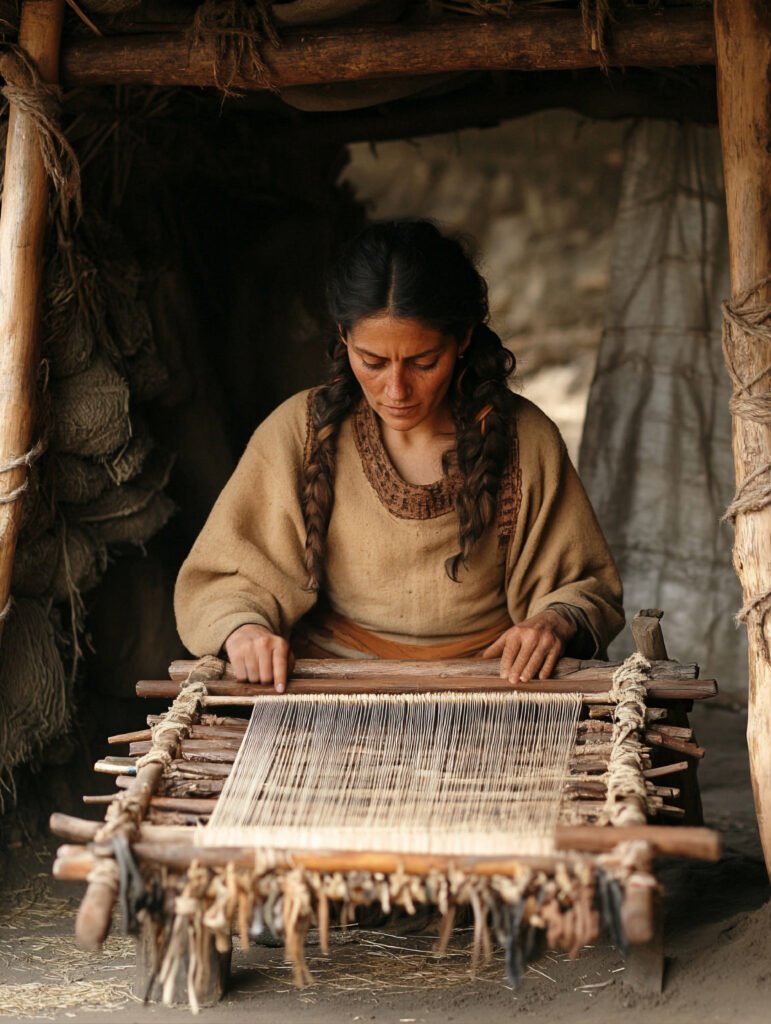It’s a truth we often ignore: when women do work at home, it goes unnoticed, but the moment it becomes paid or recognized professionally, men take over. Think about it—when was the last time you saw a woman as the head chef in a high-end hotel? Rarely. But women have been cooking for centuries. Similarly, when men started applying henna at celebrations, it became a paid profession, even though women have been doing this for generations at home.

Empowering Housewives: Why It’s Time to Respect Their Labor
This shift is telling. When a task traditionally performed by women becomes associated with money, men often replace them. This has happened in multiple industries, from cooking to childcare. In India, some have even argued that the unpaid work women do at home contributes significantly to the country’s GDP, yet it remains invisible and undervalued.
Breaking Stereotypes: Women’s Work, Men’s Profit
Let’s face it—being a housewife is one of the toughest jobs out there. There are no weekends, no holidays, and no breaks. It’s a job that demands full-time commitment 365 days a year. Yet, it’s only because of this unpaid labor that men can focus on their jobs outside the home. It’s time we change our outlook and truly respect the role of the housewife. We often don’t realize how crucial their work is until they are not there, and suddenly, everything starts to fall apart.

Housework, GDP, and the Invisible Labor of Women
This inequality isn’t just in the home—it runs deeper. All over the world, religious doctrines and societal rules have been used to control women’s roles. Whether it’s pushing women to wear revealing clothes in the name of freedom or making them cover up to maintain “modesty,” women have rarely been allowed to just exist naturally. They are treated as objects, not as individuals with thoughts, desires, and rights.
How Tradition Holds Women Back: A Call for Education and Change
How is it that men, born from a woman’s womb, claim the right to decide her fate?
Even cultural norms, like the wearing of traditional jewelry—earrings, nose rings, necklaces—can be viewed as tools to mold a girl into a woman in the way society expects, rather than allowing her to express herself freely. These practices can subtly weaken a woman’s independence.

How Tradition Holds Women Back: A Call for Education and Change
It’s time we teach our daughters to value knowledge over tradition. Encourage them to ask for books and pens instead of jewelry. Let them demand access to education, the Indian Constitution, and their own rights. Give them the tools to understand the world, to read and to grow. With intellect and education, they can break the chains of traditional expectations and lead India into the future, not as objects, but as thinkers, leaders, and change-makers.

Why We Need to Value Women’s Unpaid Labor in Society
Ladies’ neglected work — whether it’s housework, providing care, or overseeing families—hhas been the foundation of social orders for a really long time. However, this urgent work is frequently underestimated and stays unnoticed in financial terms. While men can go out and make money, the neglected work of ladies at home empowers that very probability. In all actuality, housework is similarly all around as requesting and fundamental as any work in the labor force.
It’s time we shift our viewpoint. Ladies’ commitments inside the home merit a similar regard and acknowledgment as paid work. We should esteem the imperceptible, yet essential, job that ladies play in supporting families, networks, and economies. Recognizing this work isn’t just about decency — it’s tied in with making a more adjusted and just society where all types of work are valued.
It’s really nice 👍
Did You Know? Cloudways makes cloud hosting a breeze, giving you a fast, friendly platform to build and grow your online presence.